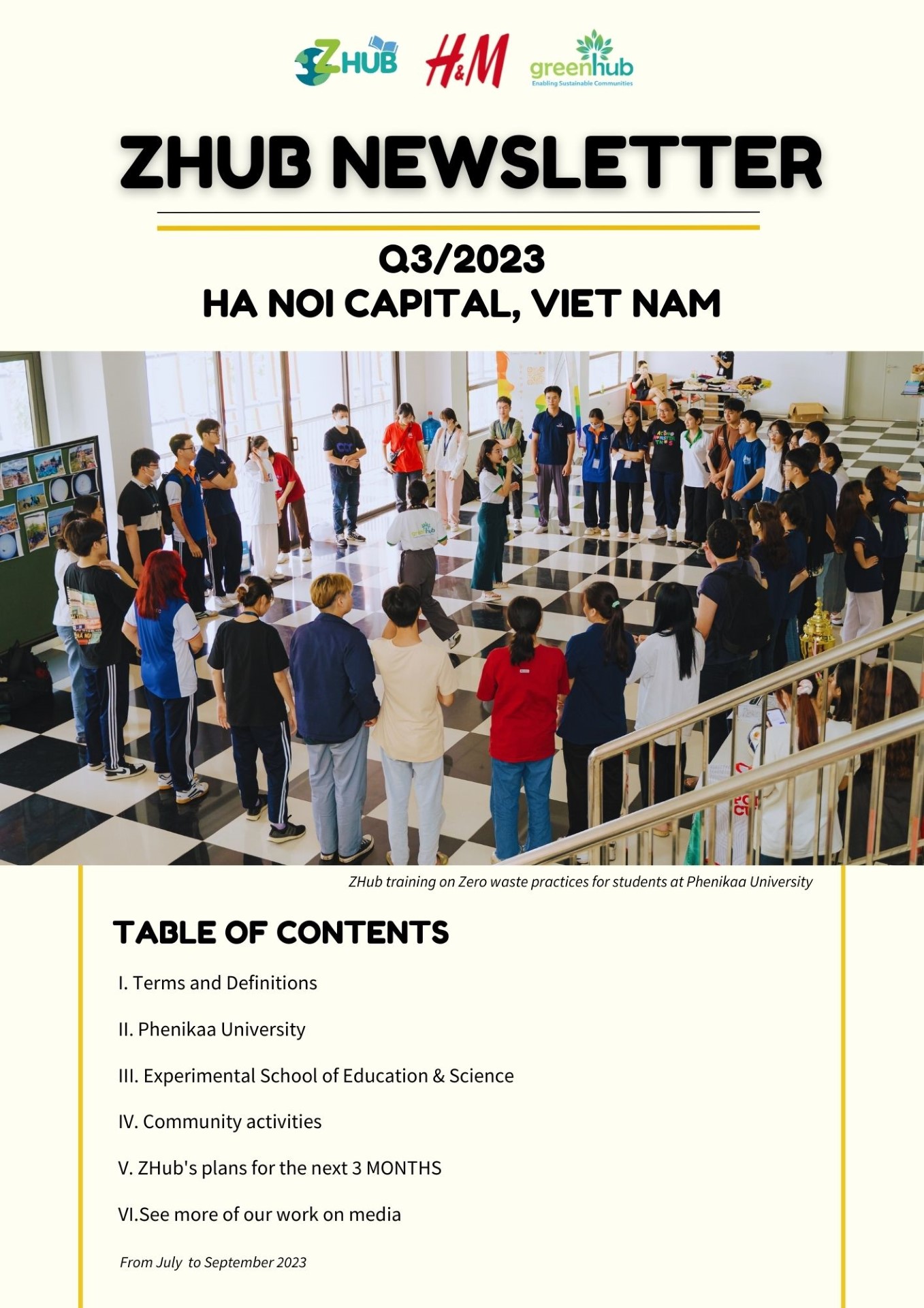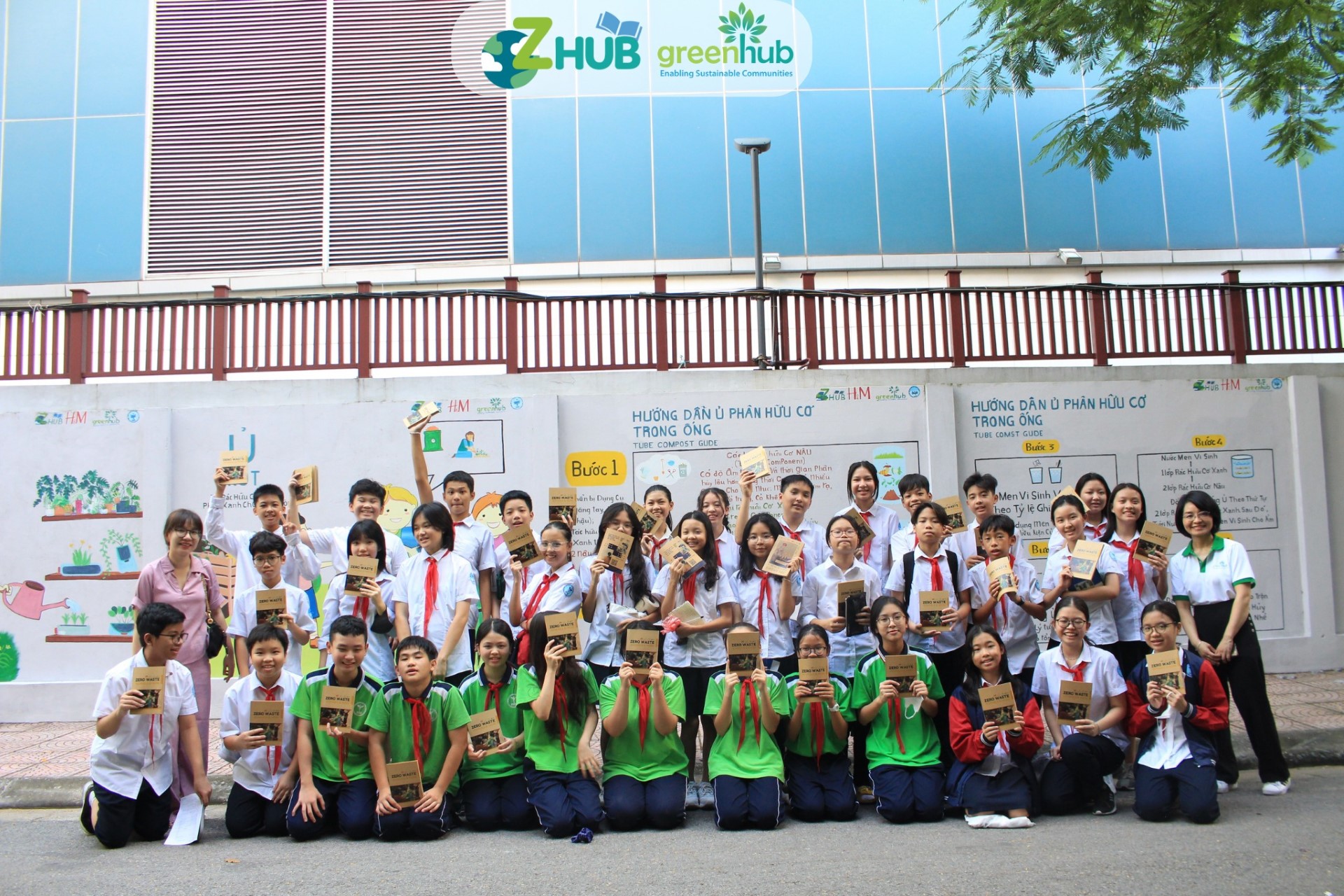Most of the waste in Vietnam (75.5%) does not need to be treated by landfill but can be either composted or recycled. This proves that the rate of organic waste in our country is relatively high and can absolutely bring other values.

However, the percentage of plastic waste still accounts for a considerable amount in the waste composition. Not surprisingly, one third of plastic waste is plastic, which also shows the dangers and consequences that plastic bags can threaten our habitat and ecosystem. Most plastic waste includes not only bags and packaging, but also includes hard plastic, polystyrene, PET bottles and diapers.

Knowing and understanding our waste is the first step for us to easily classify them, a small act that has a significant meaning to the environment.

?To learn more about the composition table of waste you can sign up for the full report at: http://bit.ly/BaocaoKTRT_GH
_____
Vietnam Zero Waste Alliance is a network of organizations and individuals who share a common interest in adopting a zero-waste lifestyle to better implement solid waste management, reduce plastic, and protect natural resources and environment in Vietnam. Members of the Alliance are non-profit organizations, government members, universities and businesses.
_____
This article is in the Deep Reading Long Understanding section: Understanding about Waste. Read and spread good values with GreenHub.


